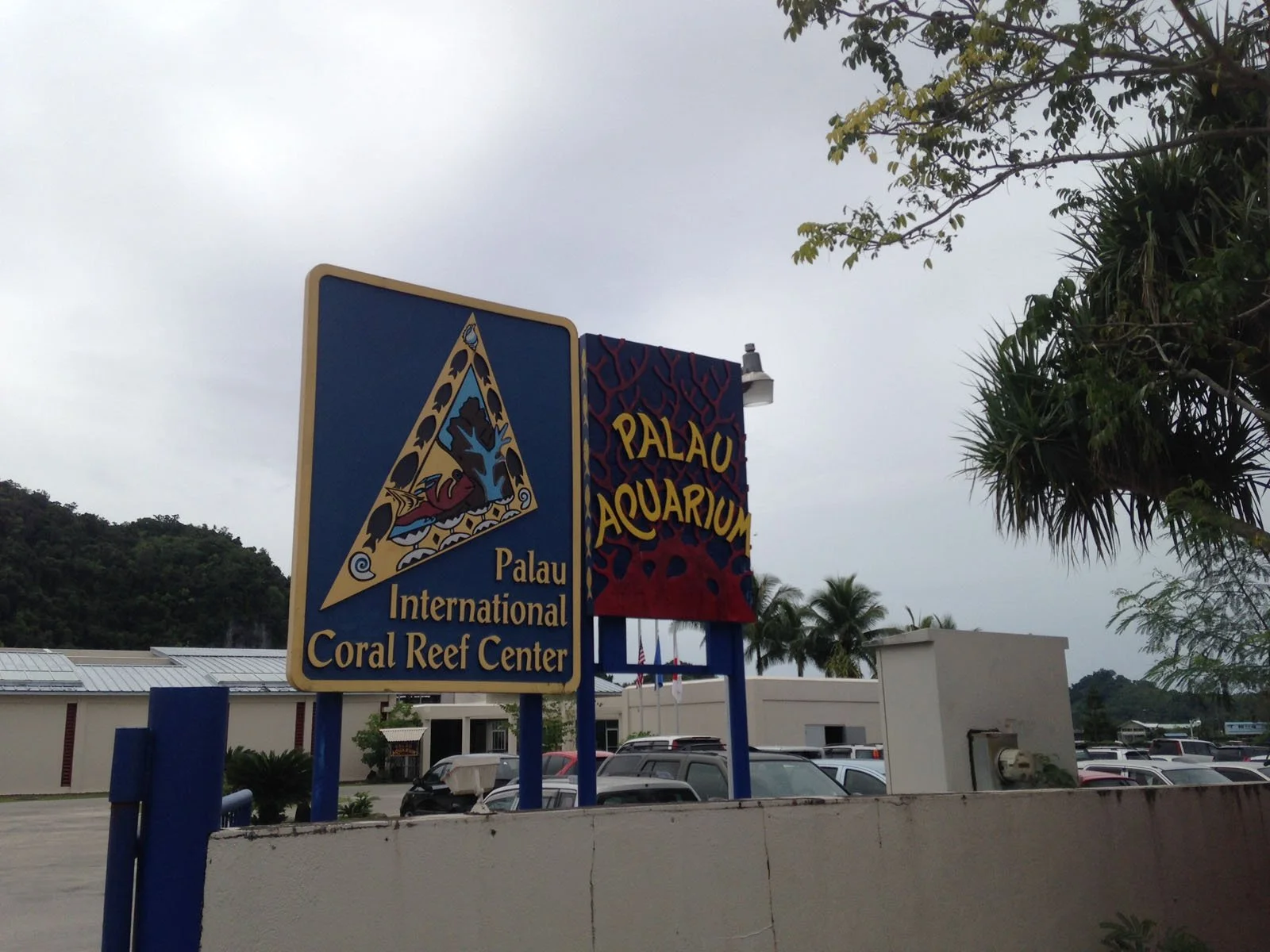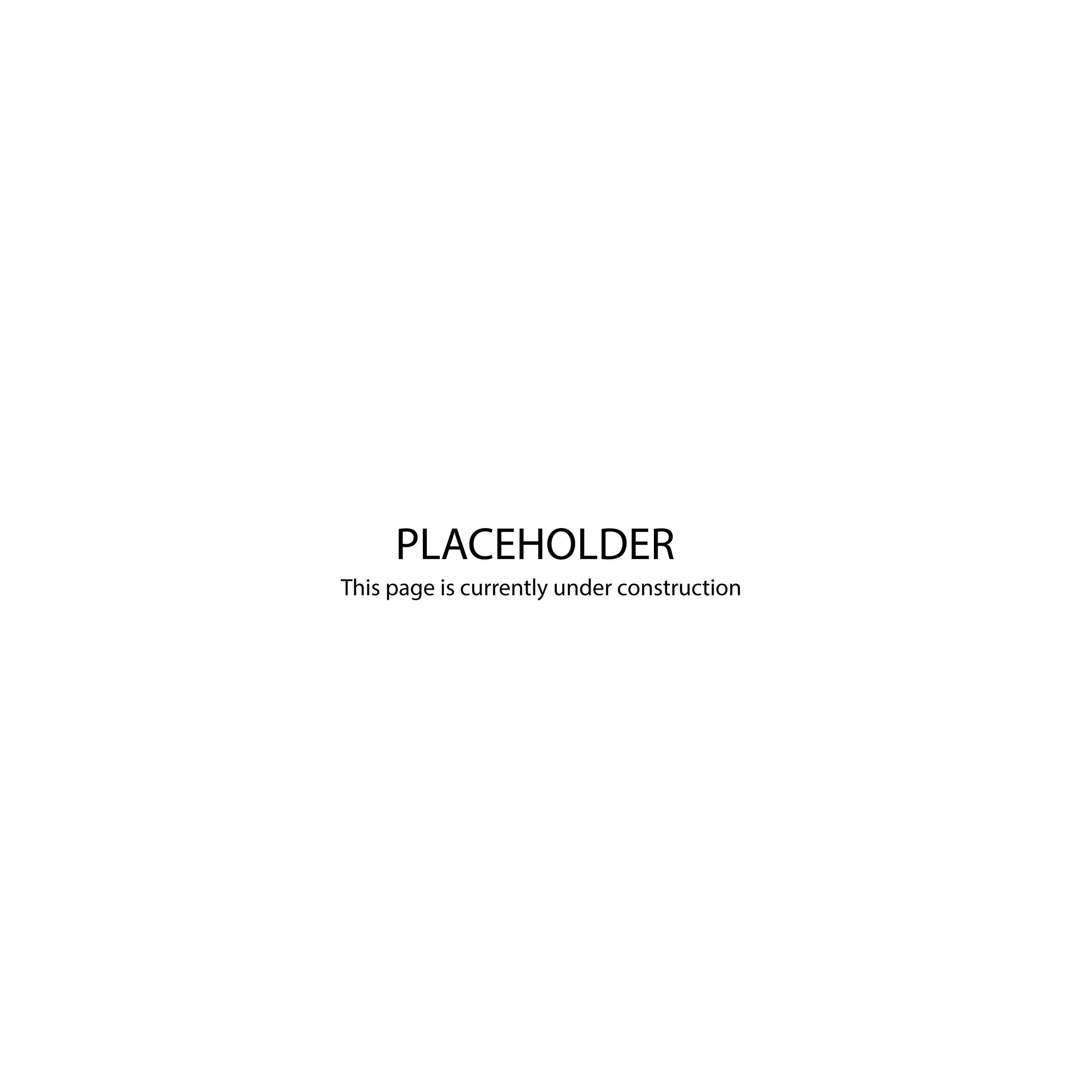PALAU INTERNATIONAL CORAL REEF CENTER | NSF CORAL RESEARCH LAB
-
![]()
CEE was contracted to design and construct research systems, and as a collaborative research scientist for the National Science Foundation award: “The Physiology and Ecology of Widespread Stress-Tolerant Coral Endosymbiont”. Bi-annual, two month research expeditions were conducted at the Palau International Coral Reef Center for 4 years, with a research team from Penn State, University of Delaware, and the Univeristy of Alabama, Birmingham, resulting in several peer-reviewed publications.
-
![]()
Existing raceways are outfit with recirculation pumps, heaters, chillers, and temperature control systems.
-
![]()
Raceways are plumbed with drains, seawater feeds, and outfit with pvc shadecloth frames.
-
![]()
Coral fragging station is setup.
-
![]()
Thousands of experimental fragments are produced, sampled, epoxied to stamped tiles, and affixed to vexar sheets for field deployment and laboratory experimentation.
-
![]()
Large arrays are constructed to be deployed and secured in place for four years at several nearshore and offshore field sites.
-
![]()
Multiple replicate fragments of colony genotypes are produced. Half are outplanted to field sites and the other half are maintained at the facility for molecular analyses and physiological experiments.
-
![]()
Small tissue samples are taken from thousands of experimental colonies for molecular identification of Symbiodiniaceae populations and biometric analyses (Chl, Protein, Lipids, Carbohydrate, and symbiont density).
-
![]() Description goes here
Description goes here -
![]() Description goes here
Description goes here










